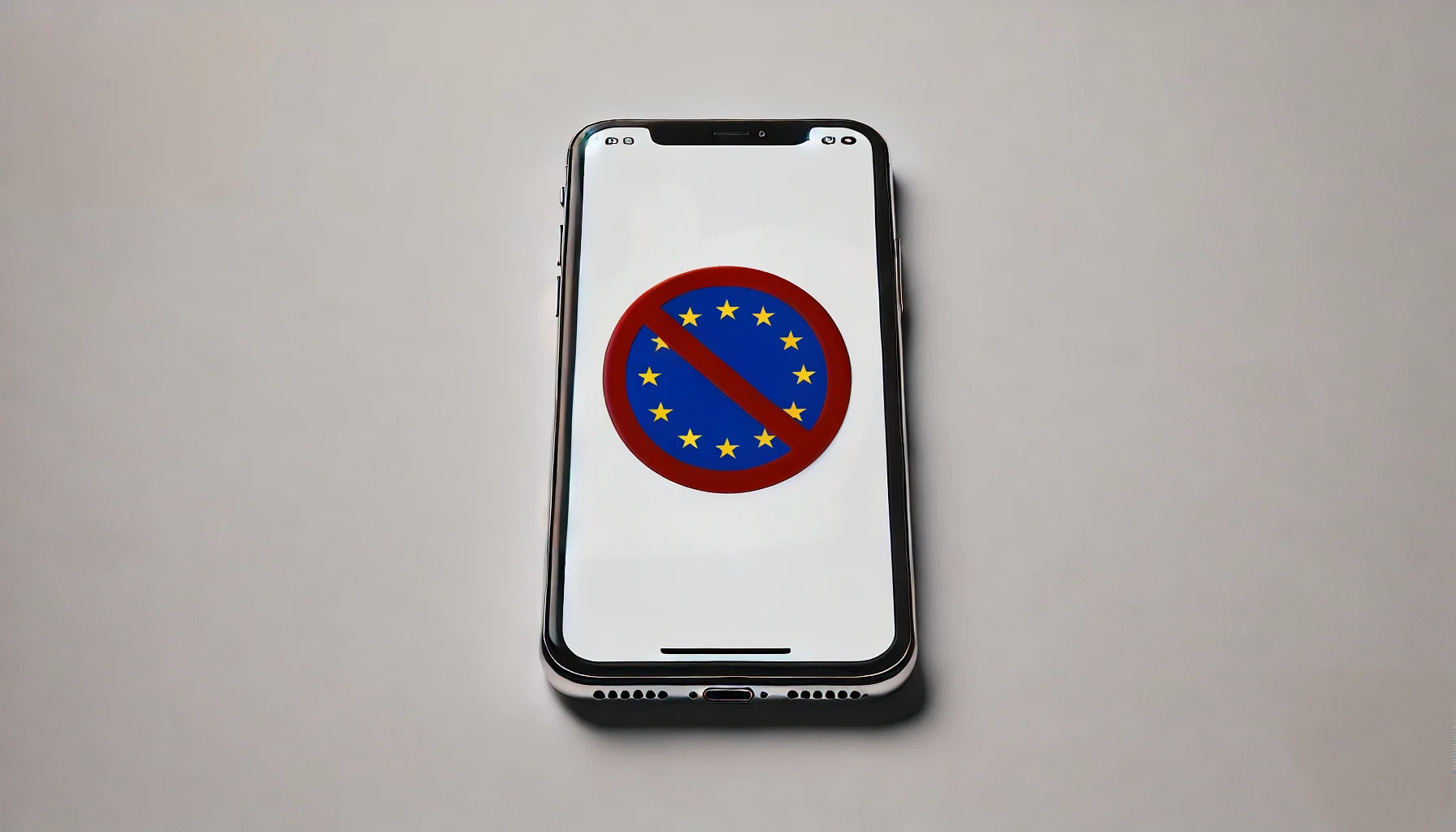In a surprising turn of events, Apple has decided to cancel the sales of its new iPhones in the European Union for the remainder of the year. This decision stems from the company’s reluctance to comply with the stringent requirements set forth by the EU’s Digital Markets Act (DMA). Specifically, Apple is choosing not to include its latest AI features in iPhones sold within the EU due to concerns over the new regulations and the potential risks they introduce to user privacy and security.
The Digital Markets Act mandates significant changes to the way major tech companies operate within the EU, including opening their ecosystems to third-party app stores and payment systems. Apple, known for its tight control over its hardware and software, argues that these changes could compromise the security and integrity of their devices and user data. This is not the first time Apple has been at odds with regulatory bodies, but the stakes seem higher now given the scope and scale of the mandates involved.
Moreover, the move follows a period of declining sales for Apple, with the company experiencing its longest slump in over seven years. Factors contributing to this downturn include market saturation, increased competition from other smartphone manufacturers, and broader economic conditions that have led consumers to be more cautious with their spending. Apple is also dealing with additional challenges in other key markets like China, where government officials are being discouraged from using iPhones, further impacting sales. The company’s revenue from the Chinese market has already seen a decline, adding more pressure on Apple’s overall financial health.
Furthermore, Apple’s decision to halt sales in the EU could lead to a ripple effect across its supply chain. Suppliers and manufacturers that rely heavily on Apple’s orders may face financial difficulties, which could, in turn, affect their employees and local economies. Retailers within the EU who were anticipating the launch of the new iPhones will also be impacted, potentially leading to reduced foot traffic and sales in their stores.
This development thus has significant implications for both Apple and its European customer base, as the tech giant navigates the complex landscape of regulatory compliance and market pressures. Consumers who have been loyal to the Apple ecosystem might feel alienated or frustrated, which could push them towards competitors. On the other hand, the EU’s steadfast approach in enforcing the DMA signifies a broader trend towards increased scrutiny and regulation of major tech companies, aiming to create a more competitive and fair market environment.
As the year progresses, it remains to be seen how Apple will adapt its strategies to both align with regulatory demands and meet market expectations. This situation serves as a critical juncture for the tech industry at large, highlighting the ongoing tension between innovation, user privacy, and regulatory oversight. The outcome of this situation might very well influence how other tech companies approach their market strategies and compliance efforts in the future.

